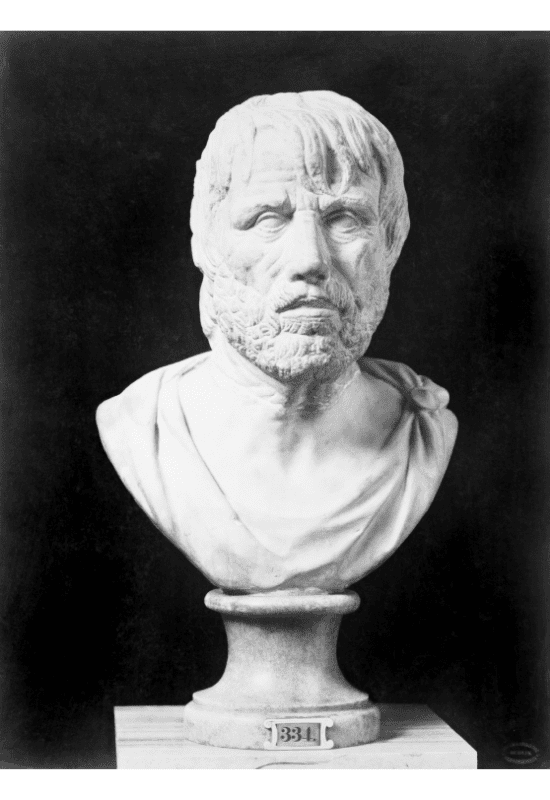A simple explanation of a quote from Socrates: "The opinions of the masses are ghosts to frighten children with."
Socrates, an important Greek philosopher, was known for his critical and questioning style of thinking. Let's take a look at one of his lesser-known but absolutely powerful quotes. It illustrates his skepticism towards widespread but unfounded opinions. In our modern world, characterized by social media and information overload, his wisdom remains extremely relevant.
Socrates
"The opinions of the masses are ghosts that can scare children."
What are the opinions of the masses?
When Socrates speaks of the "opinions of the masses", he is referring to the beliefs and views shared by many people in a society. These opinions are often not based on facts or thorough reflection, but rather on what is popular or widespread at the time. They are often created by trends, rumors or the influence of charismatic personalities. Sometimes they are also reinforced by the media and social networks. These opinions can change quickly and are often superficial as they are not based on in-depth knowledge or analysis.
Scaring ghosts and children
Socrates compares these opinions to ghosts. Ghosts are not real, but they can be frightening - especially to children. Children are easily frightened because they do not yet have the experience and knowledge to distinguish reality from fantasy. In the same way, the opinions of the masses can mislead us and create fears or false beliefs. These opinions are often intangible and difficult to verify, which makes them all the more frightening. Like children who fear imaginary monsters, adults can be unsettled and manipulated by unfounded mass opinions. Such opinions often exploit our deepest fears and insecurities and can cause great social and psychological damage.

Why are unfounded opinions dangerous?
Today, in the age of social media and fast information, it is easier than ever to be influenced by the opinions of the masses. Anyone can post their opinion online, and often the loudest and most emotional opinions spread the fastest. This can be dangerous because:
- Incorrect informationUnfounded opinions often spread false information. For example, conspiracy theories or false health advice can cause great harm.
- Lack of diversityIf we only follow the opinions of the masses, we miss out on other perspectives. This can lead to a one-sided view.
- Fear and uncertaintyLike ghosts, unfounded opinions can fuel fears. If many people believe that there is a danger even though there is no evidence of it, this can cause panic.
Has it always been like this?
Even ancient philosophers such as Socrates and Marcus Aurelius pondered this phenomenon. Marcus Aurelius, a Roman emperor and philosopher, wrote that people have always behaved in a similar way.
"Look at the past - empire follows empire - and from that you can deduce the future: the same. No escape from the rhythm of events."
Marcus Aurelius (Meditations 4.32)
The tendency to be guided by the opinion of the masses is therefore nothing new. Even in ancient times, these thinkers observed that people often follow popular opinions without thinking for themselves. This behavior is deeply rooted in our nature and can be seen in various historical epochs. Whether through rumors in ancient marketplaces or viral posts on today's social media, the dynamic remains the same. People tend to be influenced by the majority, often out of a need to fit in or avoid uncertainty.
How can we deal with this?
- Critical thinkingIt is important to question information and not believe everything you hear or read. Ask yourself: Where does this information come from? Is there evidence for it?
- Check sourcesTrust trustworthy sources and check facts. There are many sites on the Internet that spread false information.
- Form your own opinionTake the time to form your own opinion. Read different views and think about what is logical and well-founded.
Conclusion
Socrates' quote reminds us that we should be careful when it comes to the opinions of the masses. Like ghosts, these opinions can frighten us and lead us astray. By thinking critically, checking sources and forming our own opinions, we can be better informed and less prone to unfounded fears and false beliefs.







